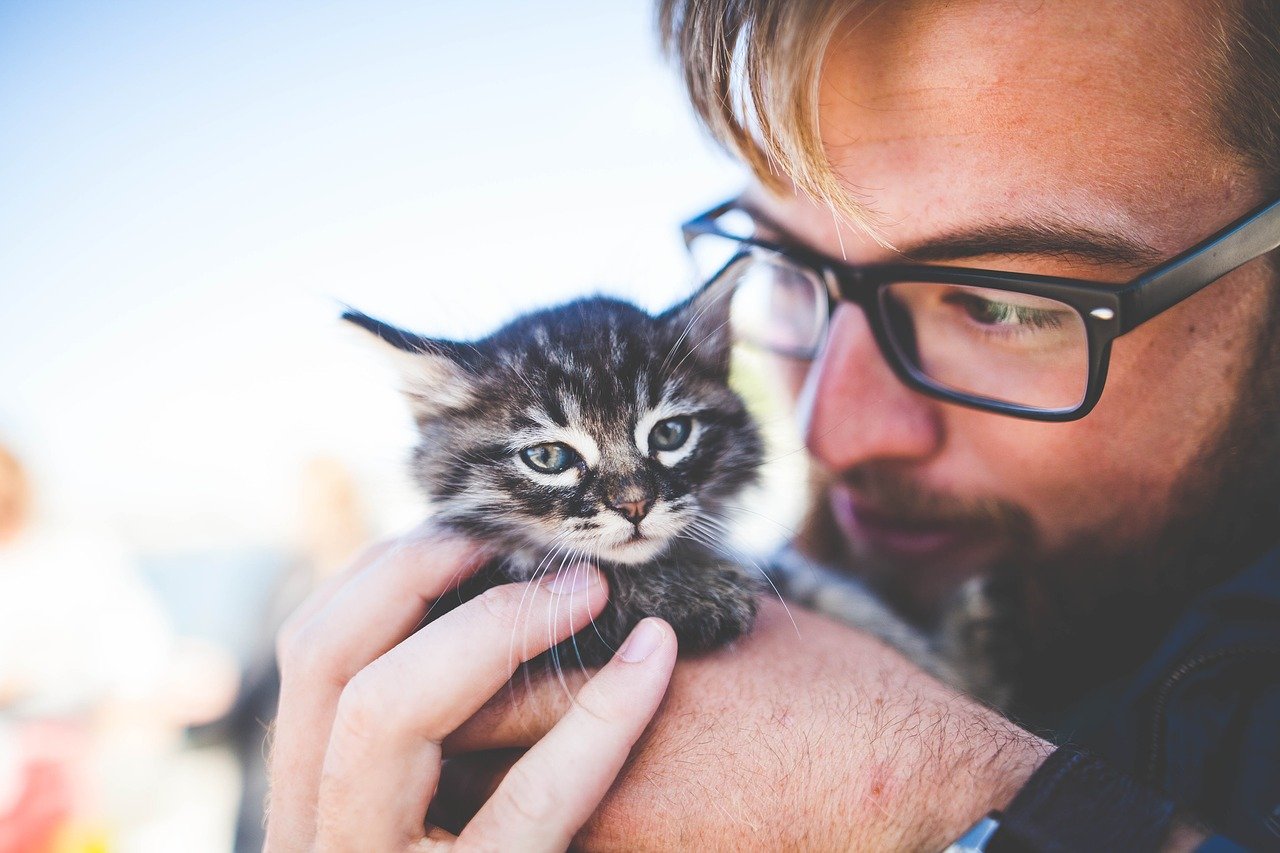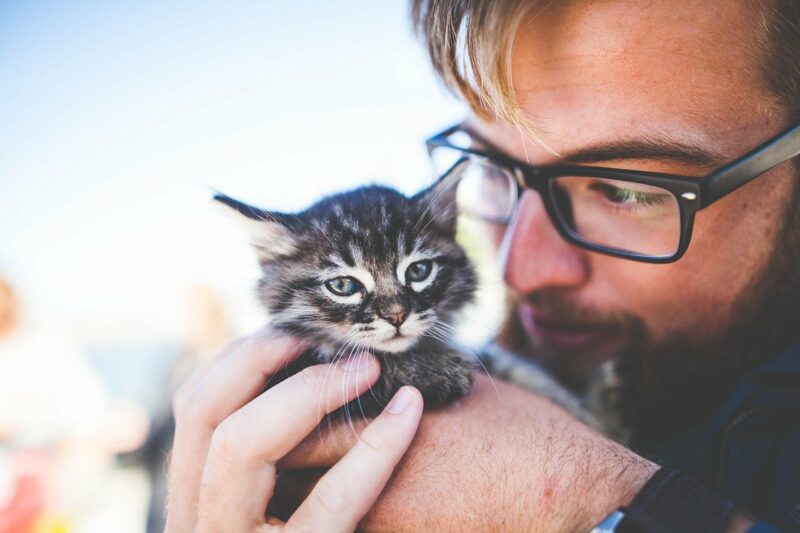So, you have decided to add a lovable, furry feline to your household. What do you do now? The first step is to find a reputable cat breeder that you can trust. Unfortunately, choosing the right breeder can be difficult.
The reason why it’s so important to find a reputable cat breeder because it will affect the healthiness and personality of the cat. For example, bad breeders may force breeding, causing the kittens to be malnourished and unhealthy.
To ensure you find the right cat breeder, you need to ask a series of questions before committing. To make the process a little bit easier, we have come up with the most important questions you must ask. Let’s take a look at some of these questions.

The 13 Questions to Ask a Cat Breeder
1. Does the breeder have references? Do they belong to a breed club?
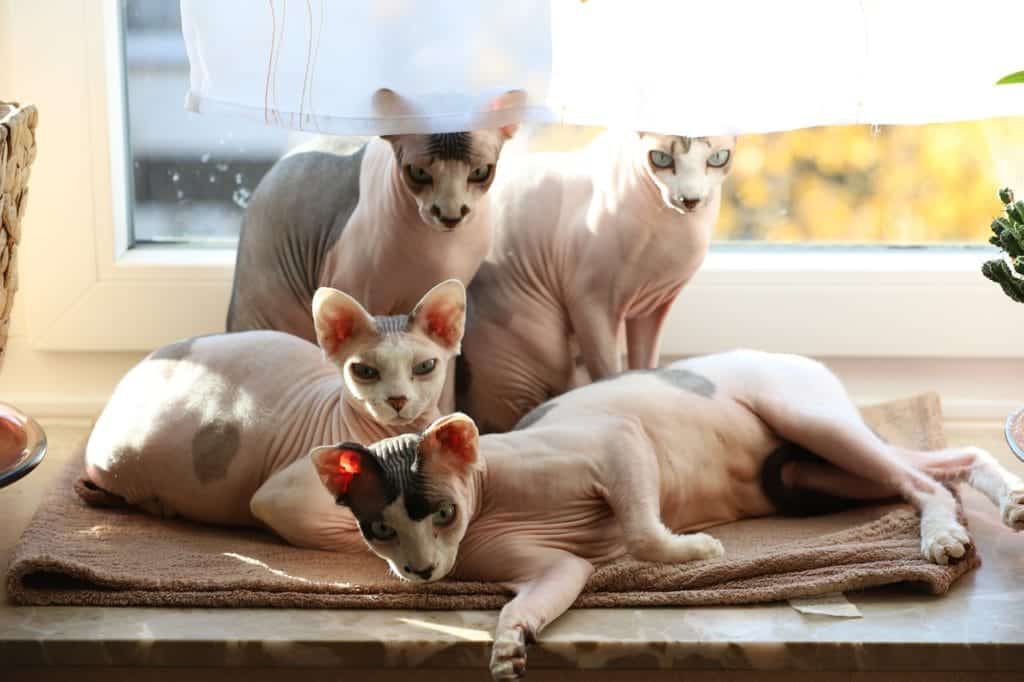
The very first question you should ask is whether the breeder has references or belongs to a breed club. If the breeder can provide either of these things, you can easily find out whether or not they are reputable. If the breeder provides references, make sure to call them. If not, find another breeder that does have references.
2. Are the kitten’s parents certified?
All cats and breeds are at higher risk for genetic health conditions. Most of these conditions are inherited from the parent cat to the kitten. Heart problems, for example, are often passed on from parents to offspring.
To ensure healthy kittens, reputable breeders will have the parent cats evaluated by a veterinarian specialist before the breeding process. This tests the parent cats for diseases and practically certifies them as being disease-free. Knowing about the parents’ health will help you determine the health of the kittens too.
3. Can I meet the parents?
In addition to knowing whether the parents are certified, it’s a great idea to ask to meet the parents. This will give you a feel of the cats’ temperaments. In many cases, parent cats with bad temperaments lead to offspring with bad temperaments too.
It may not be possible for all breeders to introduce the parents to you. If that’s the case, ask a follow-up question pertaining to why you cannot meet the parents. Sometimes, the answer is completely justified, whereas other answers leave room to doubt the breeder’s quality of care.
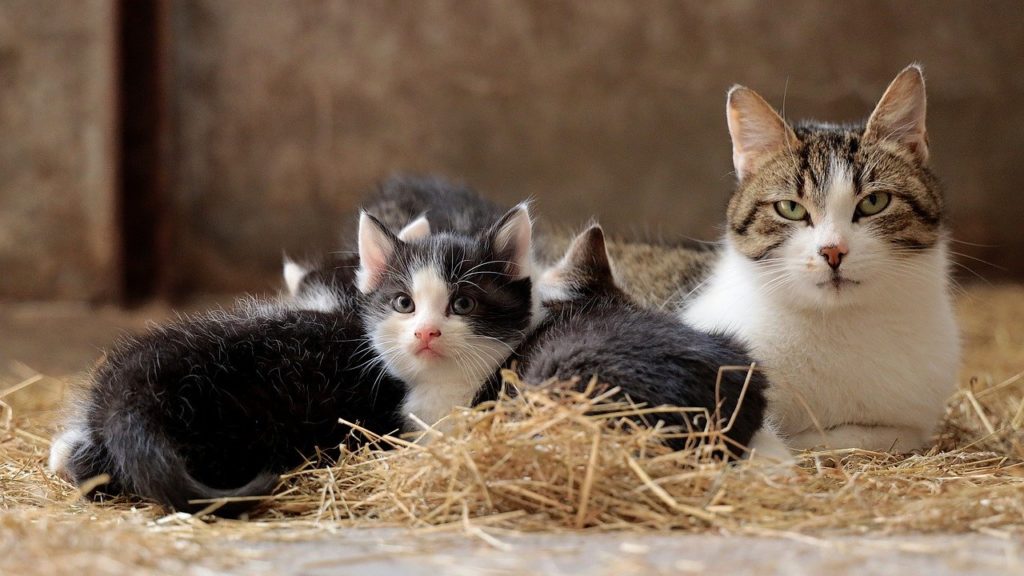
4. What is the family line?
In addition to the direct parents, it’s a great idea to ask about the cat’s family line. Kittens with a known family line are easier to predict in terms of their socialization and health. That is not to say your breeder has to have a family line, but it can help.
If your breeder has access to the cat’s family line, ask questions like how long the other cats lived, other health issues as they age, and socialization.
The socialization of animals from an early age is important. Ask the breeder exactly how they have socialized the kittens. Have they been socialized with other cats? Have they been socialized with other people? If the kittens have not been socialized by the time they are 16 weeks old, they may not adjust to other animals or people.
In contrast, good socialization will likely make the cat much more people and animal-friendly. Given that cats are a bit more finicky than other pets in the first place, kittens need to be socialized.
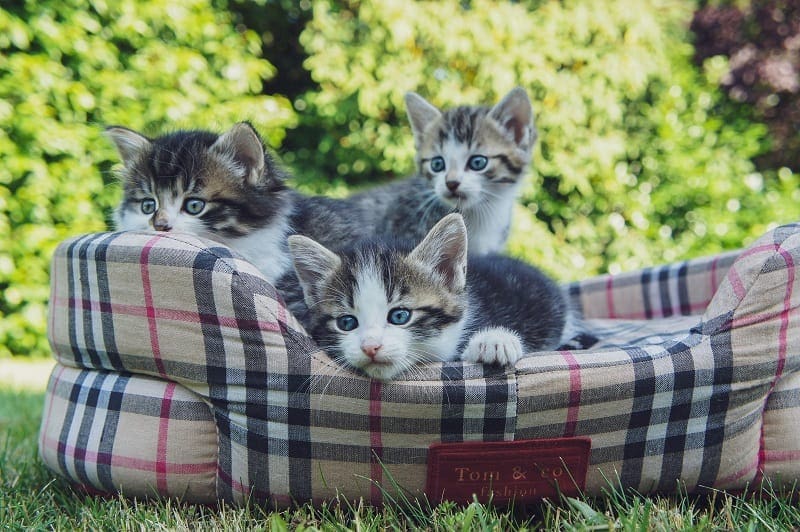
6. What are the kittens being fed?
Ask the breeder exactly what they’re feeding the kitten. If you decide to take the kitten home, you will want to feed them the same food for a couple of days to minimize risks associated with gastrointestinal disturbances. Whenever it’s time to change their diet, do so gradually.
7. Has the kitten seen a vet? What did the vet say?
Once you establish that the kittens have been bred from reputable parents, you need to learn about the kitten’s medical history as well. This includes asking whether or not the kitten has already seen a vet. Reputable breeders will take the kittens to see a vet early on.
If the kitten has seen a vet, which they should have, also ask what the vet said. For example, was the kitten healthy? Did the veterinarian recommend any medications? Asking these sorts of questions will help you understand the health status of the kitten early on.
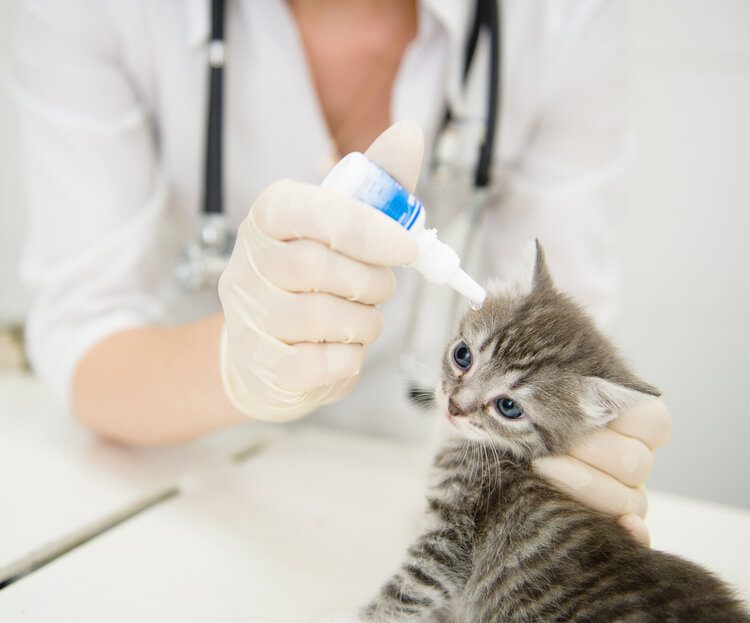
8. What vaccines have the kittens had? Have the kittens been dewormed?
Kittens require special vaccinations and shots from an early age. Ask the breeder exactly what shots they have received and when the kitten will need their next shot. If the breeder does not know the answer to this question, that’s a sign that they are irresponsibly breeding cats.
A similar question to ask is whether or not the kittens have been dewormed. Although it sounds gross, all kittens are born with worms. A routine deworming is recommended for all kittens.
9. What is the guarantee?
All reputable breeders will come with a guarantee. For example, breeders often come with a guarantee in the case that the kitten comes down with a severe illness after the fact. It’s important to ask this question from the beginning so that all bases are covered in the case of the worst.
10. What is the breeder’s contract?
Similar to the guarantee, your breeder should have a breeder contract. This ensures everyone is on the same page in the case that the cat comes down with an illness or you are unable to take care of the kitten at a later point.

11. Is limited registration required?
This question is not relevant to everyone, but some breeders may require certain stipulations on the registration. For example, they may require you to get the cat spayed or neutered before it hits a certain age. It’s important to know this information beforehand.
12. What about the health certificate and the certificate of sale?
Because some states require a certificate of sale and a health certificate, ensure that the breeder provides this for you. If not, ask the breeder how you can go about getting one from a veterinarian.
13. Does the breeder have any recommendations?
Finally, the last thing you should ask your breeder is if they have any recommendations. A reputable breeder will have much more experience dealing with kittens than you. More specifically, they already have experience with your individual kitten. This can help you out whenever you bring your cute kitty home with you.

Final Thoughts
Finding a reputable breeder is imperative to finding a healthy and happy kitten. Asking the 13 questions above can make the process of narrowing down breeders easier. Make sure to ask these questions to multiple breeders to ensure you find the best location near you
Featured Image: Pixabay
- 1 The 13 Questions to Ask a Cat Breeder
- 1.1 1. Does the breeder have references? Do they belong to a breed club?
- 1.2 2. Are the kitten’s parents certified?
- 1.3 3. Can I meet the parents?
- 1.4 4. What is the family line?
- 1.5 5. How have the kittens been socialized?
- 1.6 6. What are the kittens being fed?
- 1.7 7. Has the kitten seen a vet? What did the vet say?
- 1.8 8. What vaccines have the kittens had? Have the kittens been dewormed?
- 1.9 9. What is the guarantee?
- 1.10 10. What is the breeder’s contract?
- 1.11 11. Is limited registration required?
- 1.12 12. What about the health certificate and the certificate of sale?
- 1.13 13. Does the breeder have any recommendations?
- 2 Final Thoughts

